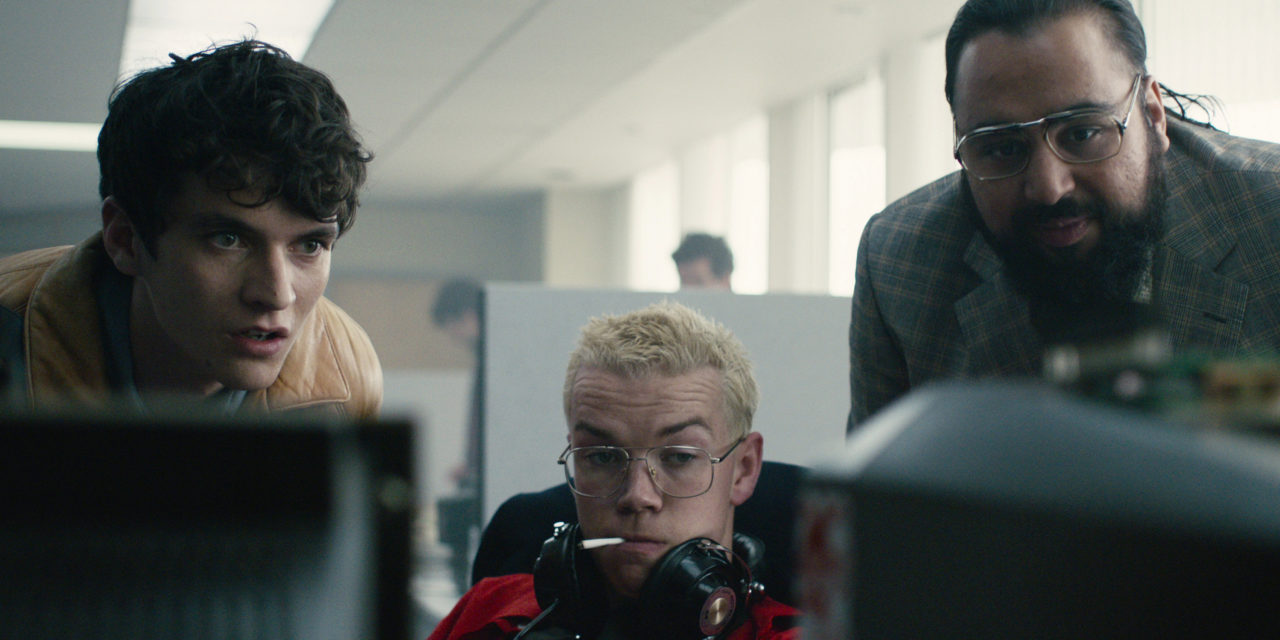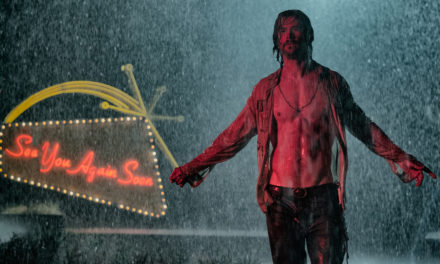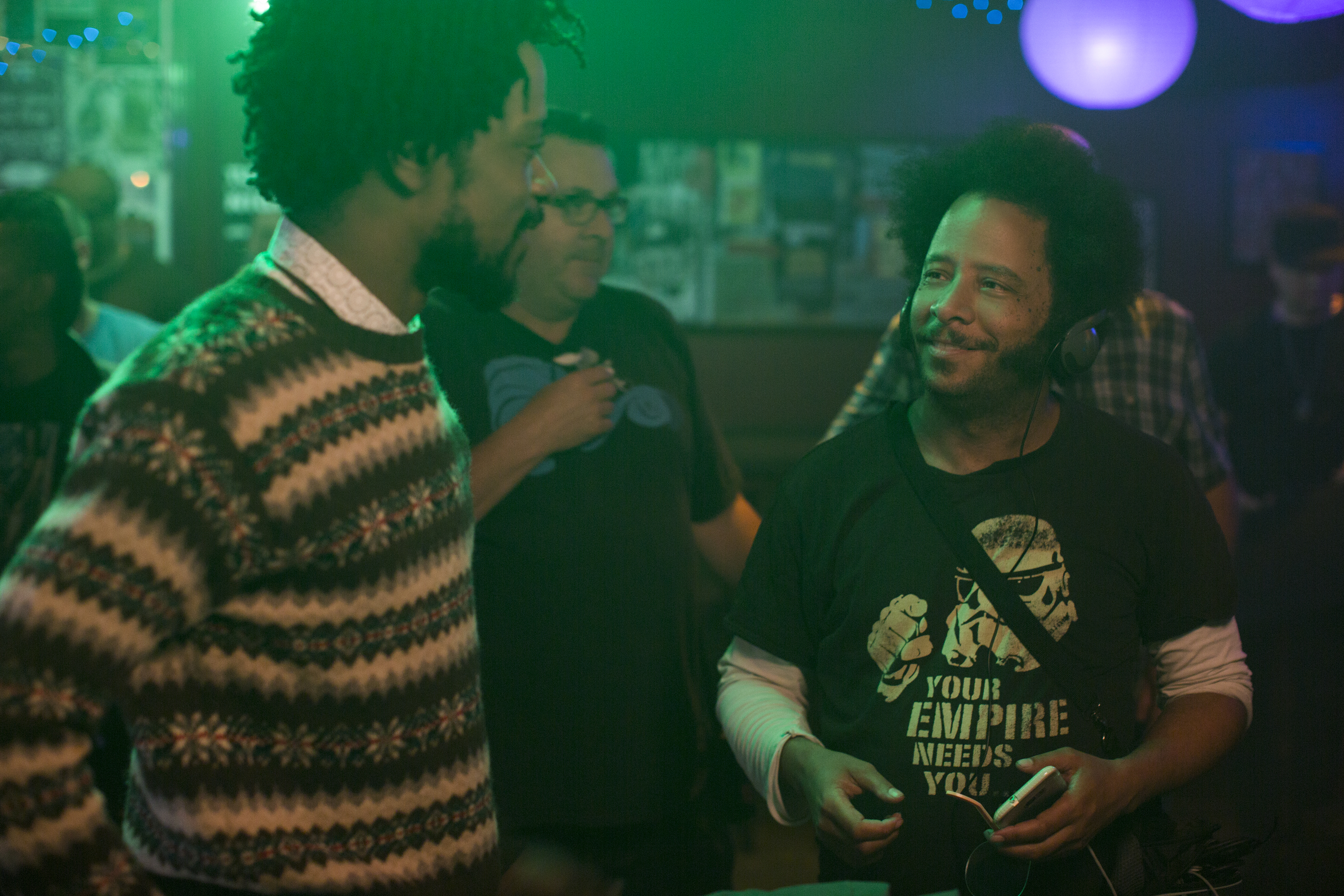The first video game that ever blew my mind was “Chrono Trigger,” Square Enix’s legendary 16-bit Japanese Role-Playing Game (JRPG), originally released for the Super Nintendo Entertainment System (SNES). What resonated with me was the plethora of choices I could make through the game’s time-travel mechanic that would significantly impact the story’s trajectory. Through this element of decision-making, I was given a sense of responsibility in the story that made it infinitely more disturbing when my actions led to the death of a main character.
Twenty-three years after the original release date of “Chrono Trigger,” Netflix released “Black Mirror: Bandersnatch.” This is Netflix’s newest dive into interactive entertainment after “Puss in Book: Trapped in an Epic Tale” and “Minecraft: Story Mode,” two children-oriented offerings that acted as first tests of the choose-your-own-adventure genre.
Like “Chrono Trigger,” the decisions viewers make in “Bandersnatch” significantly alter the story’s outcome. The main character, who doubles as the viewer’s avatar Stefan (Fionn Whitehead), is an aspiring game developer who strikes a deal with a large game company. Madness ensues. From minor decisions like what cereal Stefan should eat to more impactful decisions like deciding whether Stefan or another programmer should jump off a building during an LSD trip, the view decides every choice via a small menu at the bottom of the screen.
Regardless of whether you thought “Bandersnatch” was an enjoyable experience, the fact that TV entertainment is adopting an idea from video games indicates the growing popularity and prevalence of interactive media. Netflix said in a letter to its investors that “[Netflix] earns consumer screen time, both mobile and television, away from a very broad set of competitors. We compete with (and lose to) Fortnite more than HBO.” There is direct competition between video game companies and entertainment companies like Netflix: competition for eyes.
When people elect to play “Fortnite” rather than watch a TV show, they participate in another reality, rather than simply consuming it. It is up to the player to build a tower as a hero in “Fortnite.” On the other hand, a TV show is a passive viewing experience that does not accommodate the will of the viewer, in favor of a more coherent narrative. “Bandersnatch” is an experiment that bridges the gap between games and TV shows, pulling off a cinematic narrative while also incorporating the viewer’s decisions.
Outside the concept’s sheer novelty, “Bandersnatch” fails as a piece of truly interactive media. The decisions players are forced to make initially seem impactful, but you eventually realize that they only exist as a form of metanarrative to represent Stefan’s own futility. Though this acts as a good criticism of the nature of identity in an increasingly digitized world, this criticism is not a necessary element of the genre as a whole.
What we can expect from future Netflix releases is something more similar to the interactive movie “Minecraft: Story Mode,” which does not offer any metacommentary on the genre but sticks to giving the viewer decisions. Future offerings would likely have even more options that are not just choosing between A and B. Doing so is a draining process (“Bandersnatch” took 35 days to film), but certainly not impossible for a company as large as Netflix.
The grey area between TV shows and video games has always existed, from narrative heavy-walking simulators like indie game “Dear Esther” to cut-scene-filled epics like the recent “Kingdom Hearts 3.” These attempts are examples of cinema envy: the emulation of cinematic techniques in order to best present a narrative. “Bandersnatch” and the choose-your-own-adventures that will follow represent game envy: using video game design techniques to present a sense of interactivity.
As Netflix invests in these interactive projects, we can expect the cross-over between games and TV shows to continue. In a growingly algorithmic world that yearns to satisfy our individuality with curated Spotify playlists and personalized Twitter feeds, only time will tell how Netflix will adapt.
Associate Editor | avpraka@emory.edu
Aditya Prakash (20C) is from Dubai, United Arab Emirates, pursuing a double major in neuroscience and behavioral biology and philosophy. He enjoys playing 16-bit indie games and arguing for his pronunciation of the word schedule. He half-jokingly aims to one day join The Onion or Clickhole, but until then he will continue to serve the Wheel.






